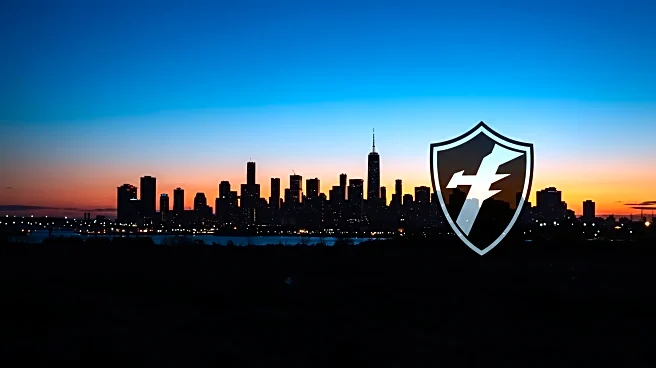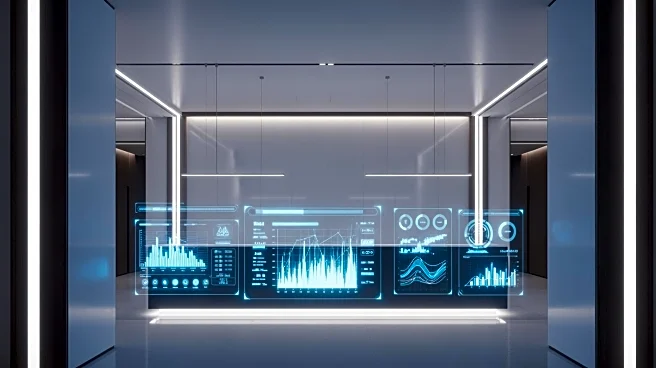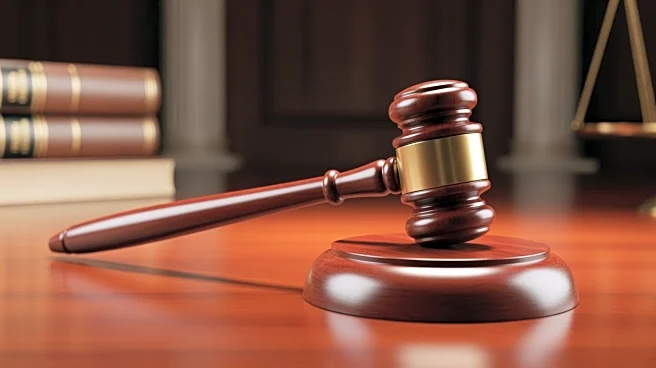What's Happening?
Chicago leaders and Illinois state officials have expressed strong opposition to the Trump administration's plans to deploy the National Guard in Chicago. The deployment is intended to address crime, immigration, and homelessness, but local leaders argue it is unnecessary and unlawful. Illinois Governor JB Pritzker stated that there is no emergency in the state that would justify such a deployment, accusing President Trump of manufacturing a crisis. Chicago Mayor Brandon Johnson criticized Trump's portrayal of the city as crime-ridden, emphasizing the community's unity and support for one another. The Pentagon's consideration of deploying the National Guard in Chicago follows similar actions in Los Angeles and Washington, D.C.
Why It's Important?
The potential deployment of the National Guard in Chicago is significant as it highlights the ongoing tension between federal and local authorities regarding crime and public safety. Democratic leaders across the country have expressed frustration with President Trump's approach, which they view as a misrepresentation of their cities' challenges. The deployment could set a precedent for similar actions in other major cities, impacting local governance and community relations. The opposition from Chicago leaders underscores the broader debate over federal intervention in local matters and the balance of power between state and federal governments.
What's Next?
If the Pentagon proceeds with the deployment, it could lead to increased tensions between the Trump administration and local governments. Chicago leaders may seek legal avenues to challenge the deployment, citing its lack of coordination and necessity. The situation could also prompt discussions among other cities facing similar federal interventions, potentially leading to a unified response from Democratic leaders. Additionally, President Trump's recent comments about sending federal officers to Baltimore suggest that other cities may soon face similar challenges.









